We were lucky to catch up with Rachel Allyn recently and have shared our conversation below.
Rachel , thanks for taking the time to share your stories with us today Can you share a story with us from back when you were an intern or apprentice? Maybe it’s a story that illustrates an important lesson you learned or maybe it’s a just a story that makes you laugh (or cry)?
I sat with my client Roxy inside an office in the Castro District of San Francisco, hearing the train rattle up and down Market Street. It was the year 2000, and Roxy was a black transgender woman in her late thirties with the build of a linebacker. She’d always make a grand entrance to our sessions, not because of her size but because she arrived with a story and contagious laughter. I was an intern with a clinic serving the LGBT community during graduate school. Given the greater awareness and inclusivity today for sexual identity, we might now say they serve the LGBTTQQIAAP community (lesbian, gay, bisexual, transgender, transsexual, queer, questioning, intersex, asexual, ally, pansexual).
It was a time of possibility, thanks to recent advances in HIV/AIDS medicine. Many of my clients spent the 1990s preparing for the inevitable, viewing the diagnosis as a probable death sentence. They needed help re-envisioning the future they feared they might not have; it was about learning how to live, not preparing to die.
Having an interest in sexuality and infectious disease, specifically HIV/AIDS, I got to work with Roxy because she was HIV-positive.
Our time together was a window into the dysphoria she’d felt growing up in a male- assigned body. She told me about her anger toward the criminal justice system after spending years stuck in a male prison (for drug possession) despite identifying as female. At the end of our time together, Roxy commented that although she was used to being stared at, in therapy she felt seen for who she truly was.
Roxy still serves as a reminder for me that in our heart of hearts we want to be seen for who we truly are. We want to be stripped of the limiting labels and live from our soul. She helps me remember why I became a holistic psychotherapist – to engage with people, human to human, developing trust and connection. I want to facilitate an awakening so they can be their best selves, not what culture tells them they’re “supposed” to be.
I also believe Roxy helped plant a seed and inspire my method of bodyfulness, developed many years later. Bodyfulness expands beyond mindfulness, given we now know trauma lives in our body and we can’t just think our way out of it. Bodyfulness incorporates somatic healing and pleasure reclamation after trauma. I observed and admired how Roxy, and only Roxy, decided how to inhabit her body. She embodied joy in the face of struggle, as seen in the way she adored—and adorned—her body. She had magnetic energy—often laughing, dancing, and dressing for a night out. Despite a lifetime of being imprisoned by expectations to identify and act like a man, Roxy lived in her body with freedom and full expression. This is bodyfulness.
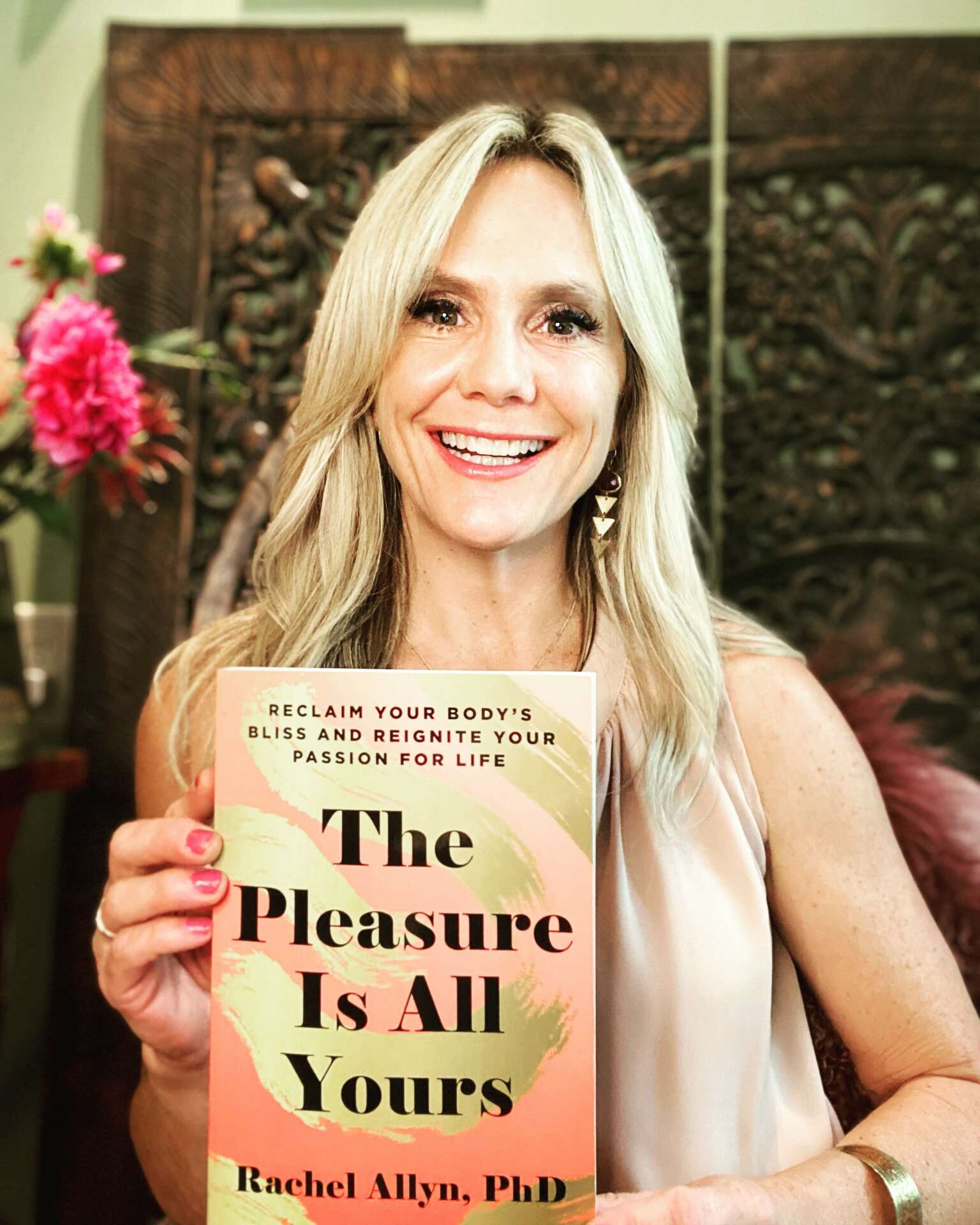
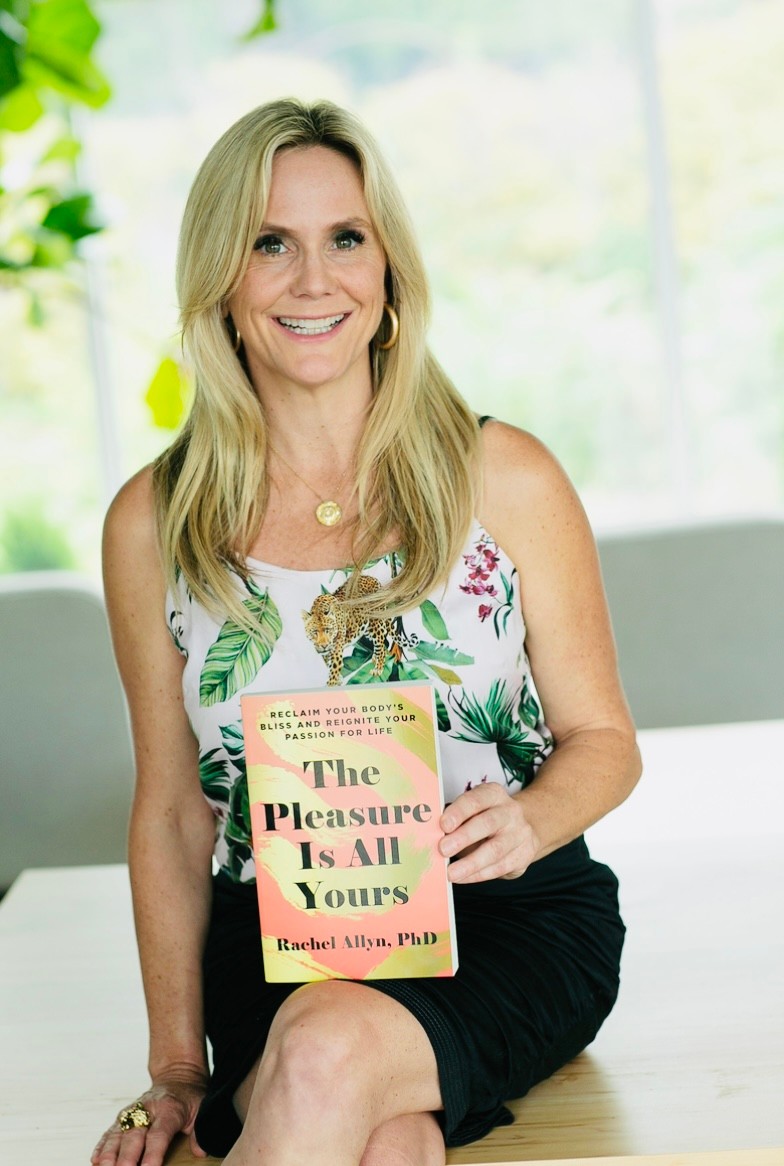
As always, we appreciate you sharing your insights and we’ve got a few more questions for you, but before we get to all of that can you take a minute to introduce yourself and give our readers some of your back background and context?
I work with two issues that have traditionally been taboo or silenced in American culture, much to our detriment: the emotional body and the erotic body. Everyone has a body and everyone came from a sexual being, yet everyone I know has a story of shame or confusion about those topics. Growing up in what psychologists call a “sex-positive” household, with a mom who talked openly about the body, reproductive body, and relationships, freed me from confusion or shame about my body and desires. This influenced my specialty as a psychologist, choosing to focus on relationships and intimacy.
And growing up with a dad who encouraged me as an athlete to connect with the wisdom and power of my body has influenced my choice to work with clients from a mind-body/somatic (body-oriented) lens. This helps clients cultivate emotional intelligence and learn how to release and prevent trauma from getting stuck in their body as reactive patterns.
I’ve now been in private practice for over 15 years working with adults, lead international yoga retreats, and wrote a book about my method of bodyfulness called “The Pleasure Is All Yours: Reclaim Your Body’s Bliss and Reignite Your Passion for Life.”
Relationships, our body’s intelligence, and our right to healthy pleasures, are hugely regenerative and joyful aspects of the human condition, so I work to free people from systemic repression and suppression around these topics. My motto is “Pleasure to the People!”
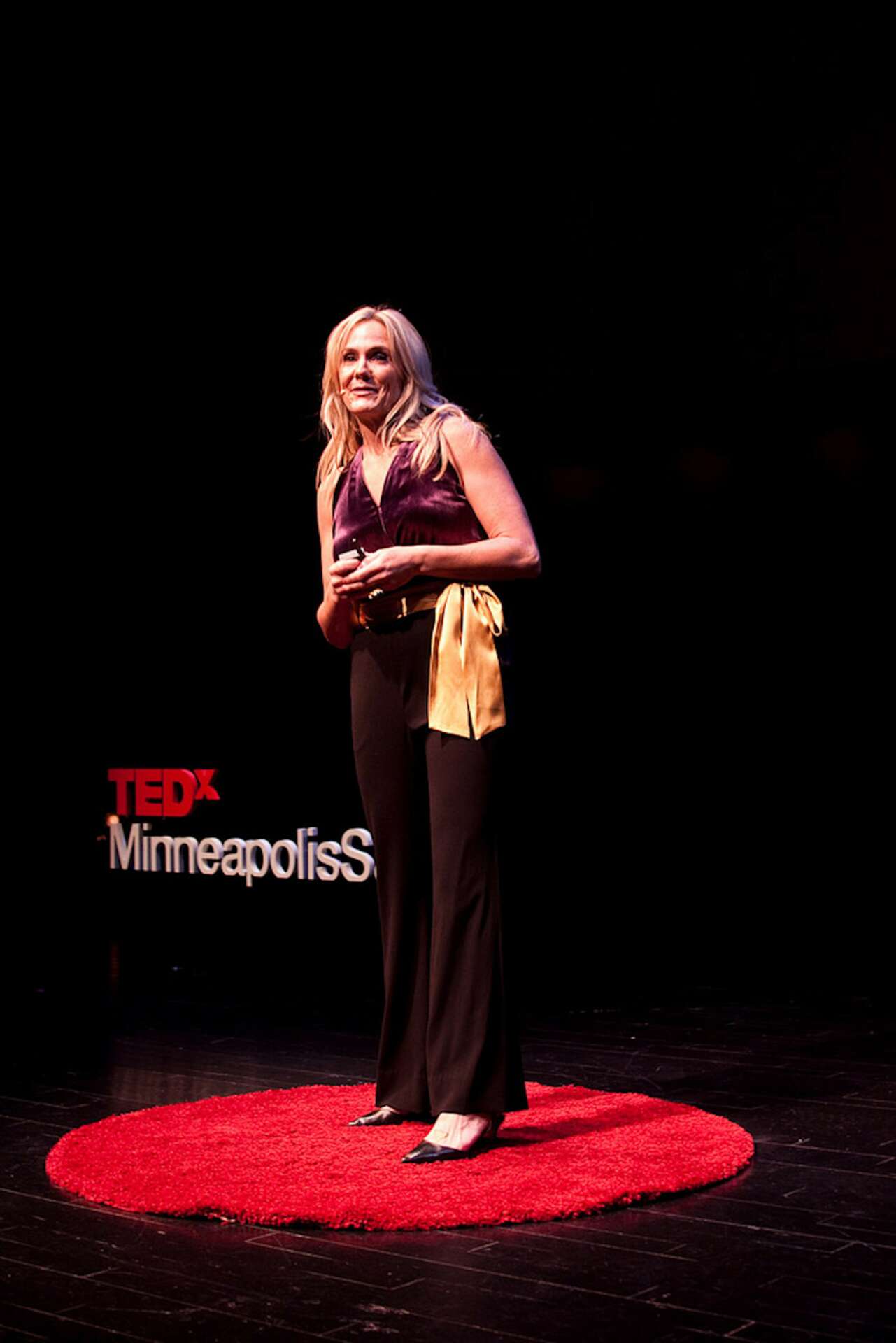
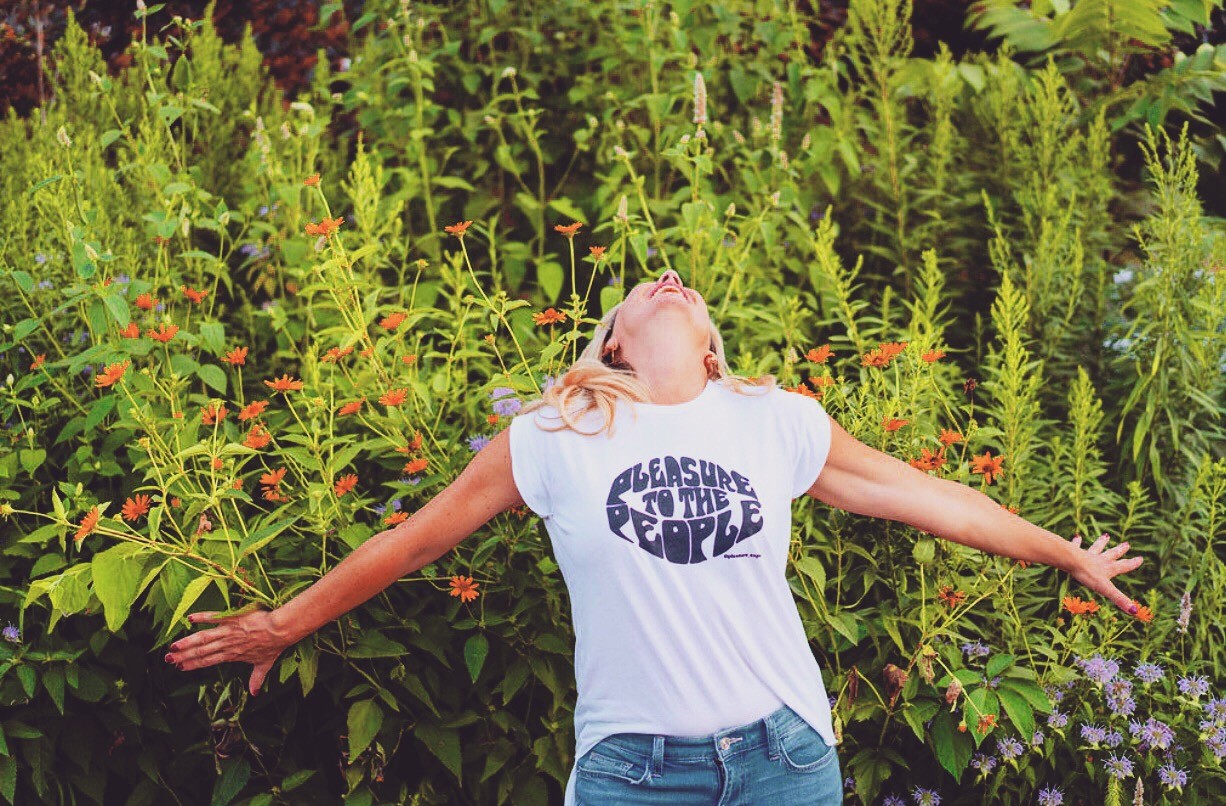
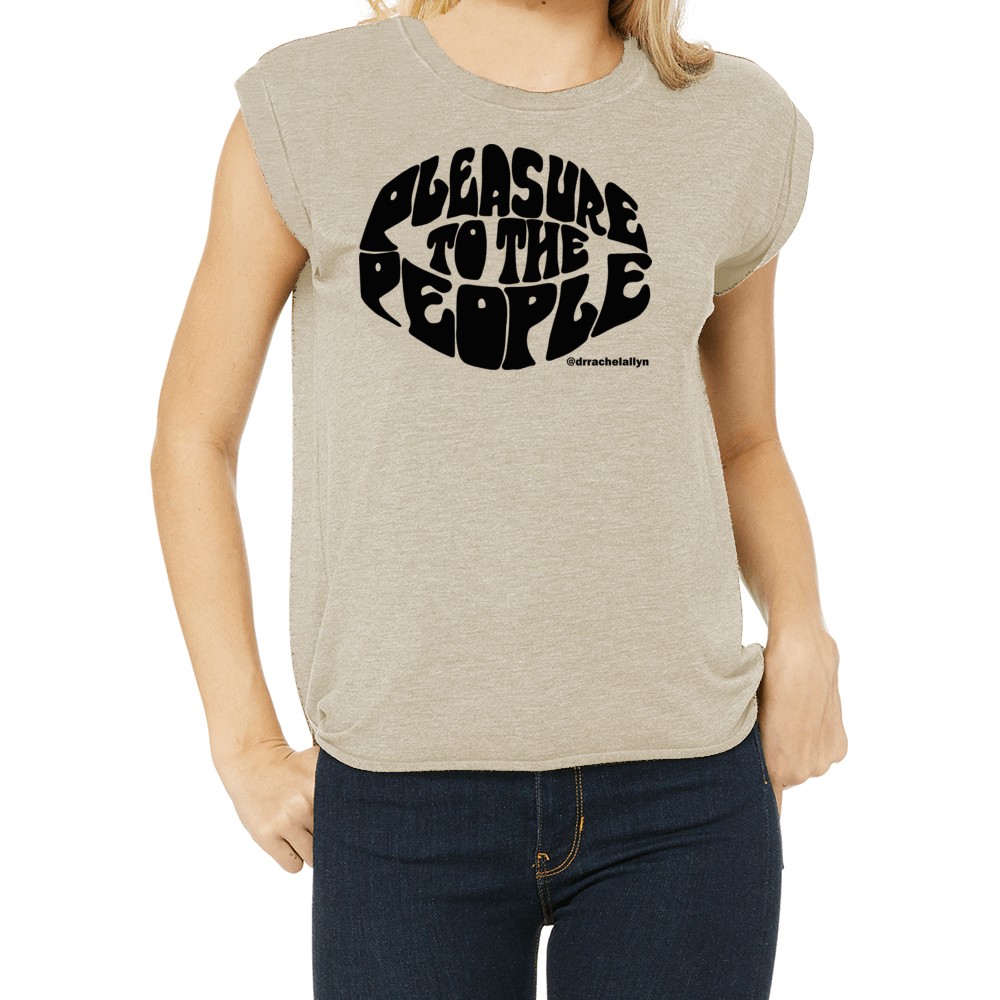
Putting training and knowledge aside, what else do you think really matters in terms of succeeding in your field?
I believe being a psychotherapist isn’t a job, it’s a craft. It takes years and years to hone and the beauty is in the subtleties: keenly listening, full presence, observing what people are really saying underneath the words they say, how the body speaks and shares of itself. All of this adds to intuition, which is crucial. I remember when I first started going to acupuncture and he quickly looked at my tongue prior to starting treatment. I asked him how he was able to glean so much in a matter of seconds? He responded, “When you’ve seen thousands of tongues, you only need a second.” Similar to psychotherapy, after seeing many people for many years, there is (hopefully) a way of sharing space with another person during their deepest suffering that lights up your heart brain, gut brain, and deepest intuition.
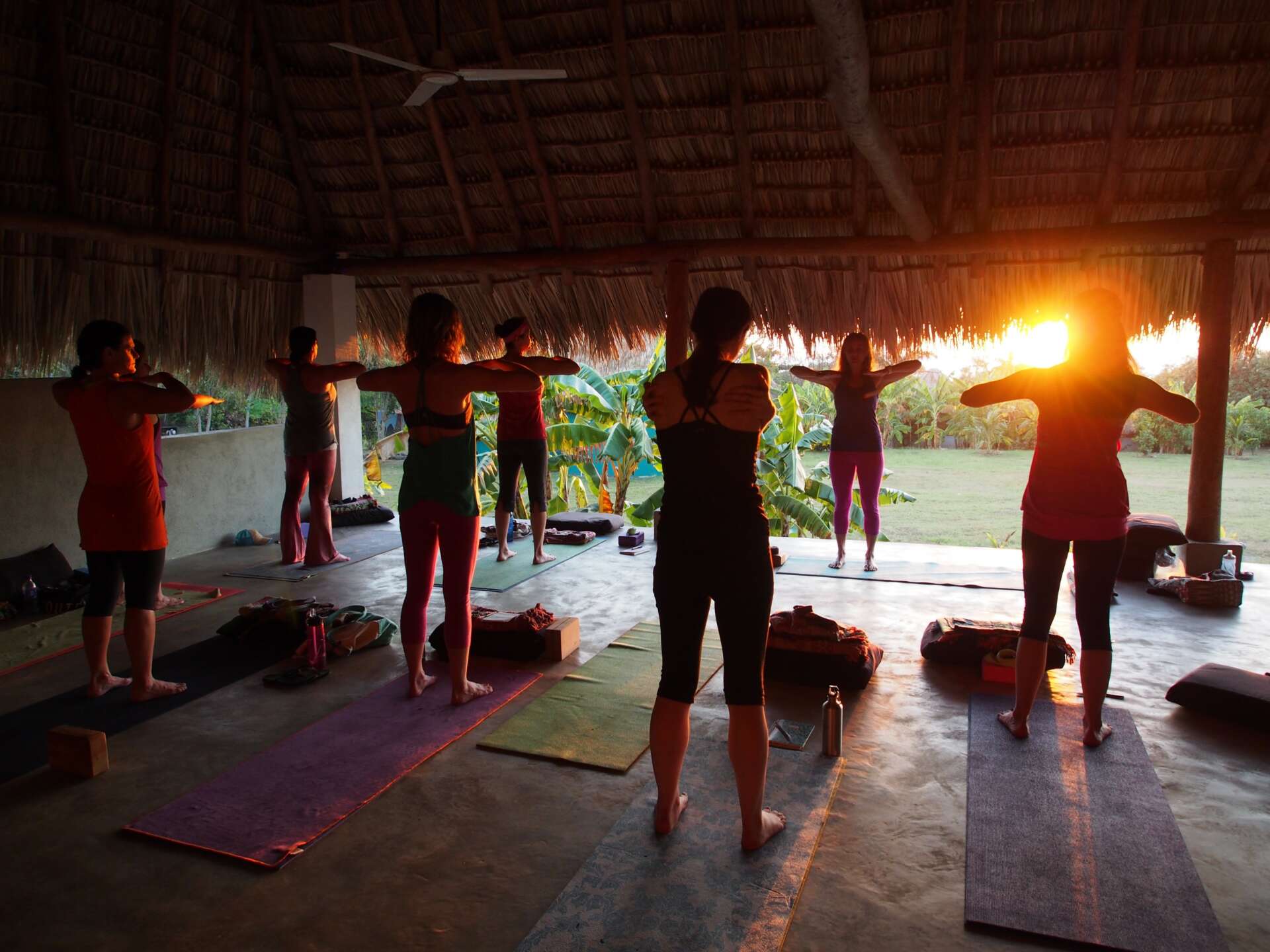
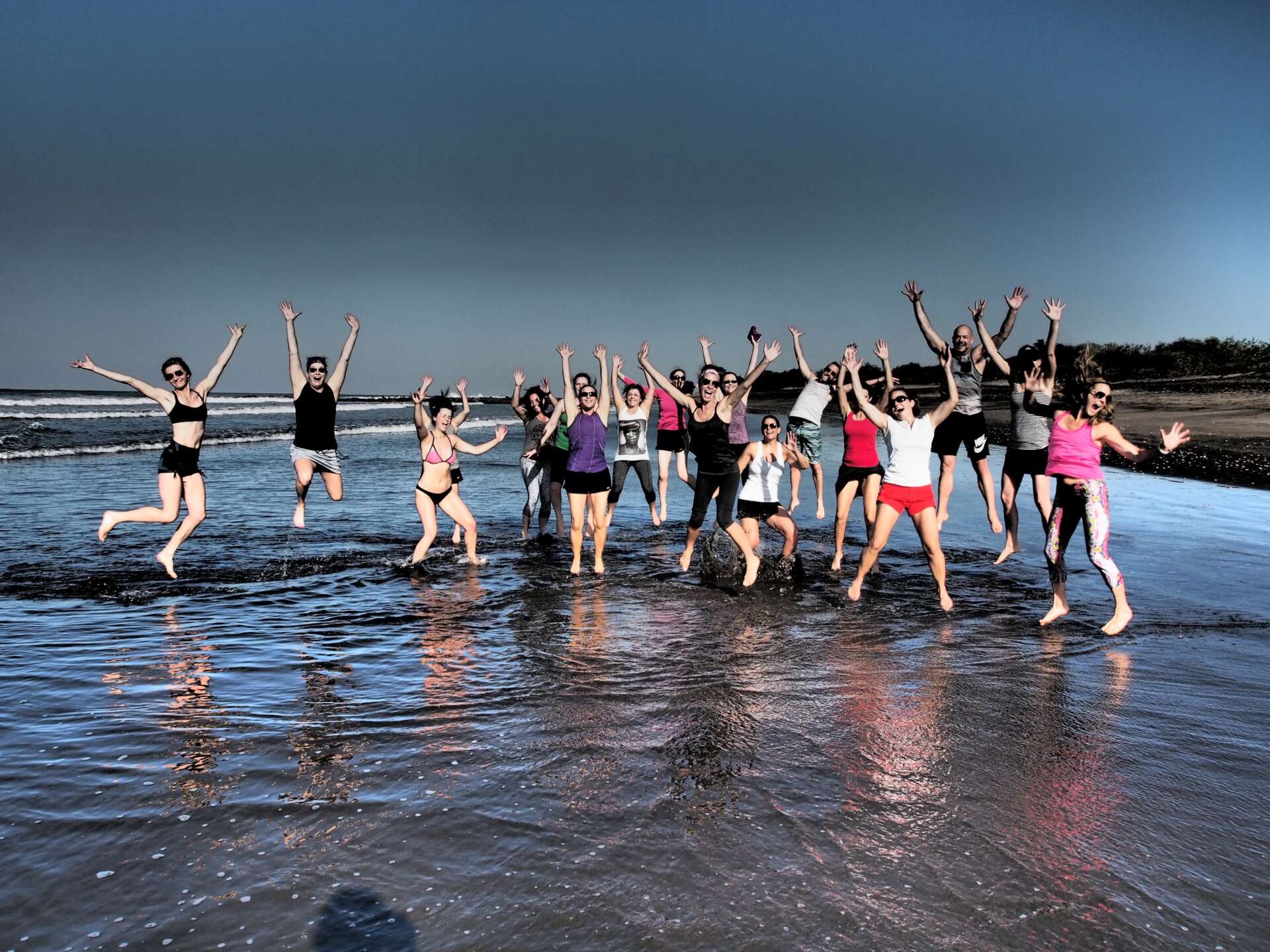
What’s a lesson you had to unlearn and what’s the backstory?
A lesson I am currently unlearning is what it means to be a woman with ADHD, within a culture that has neglected how it impacts women differently than men. I am now committed to learning how women like myself can shed the shame and confusion around being neuro-divergent, especially given the misconceptions. So many women go undiagnosed, in part because it is expressed more internally among women compared to men, and because of the ways women work hard to compensate for it (perfectionism, people pleasing).
Women can develop co-existing mental health problems as a result from being misdiagnosed or ignored, such as depression, anxiety, and rejection sensitivity. Armed with increasing awareness, I’ve been more gentle with myself, make more accommodations for myself (like having longer breaks between clients, or exercising before a long day of sitting still, among others), let myself be vulnerable by sharing my story, and honor the positives that come from having a brain that works differently.
Contact Info:
- Website: www.DrRachelAllyn.com
- Instagram: @drrachelallyn
- Facebook: Holistic Psychology by Rachel Allyn, PhD
- Linkedin: Rachel Allyn, PhD
- Twitter: N/A
- Youtube: The Pleasure is All Yours Channel with Rachel Allyn
Image Credits
Lisa Venticinque Kate Gustafson


